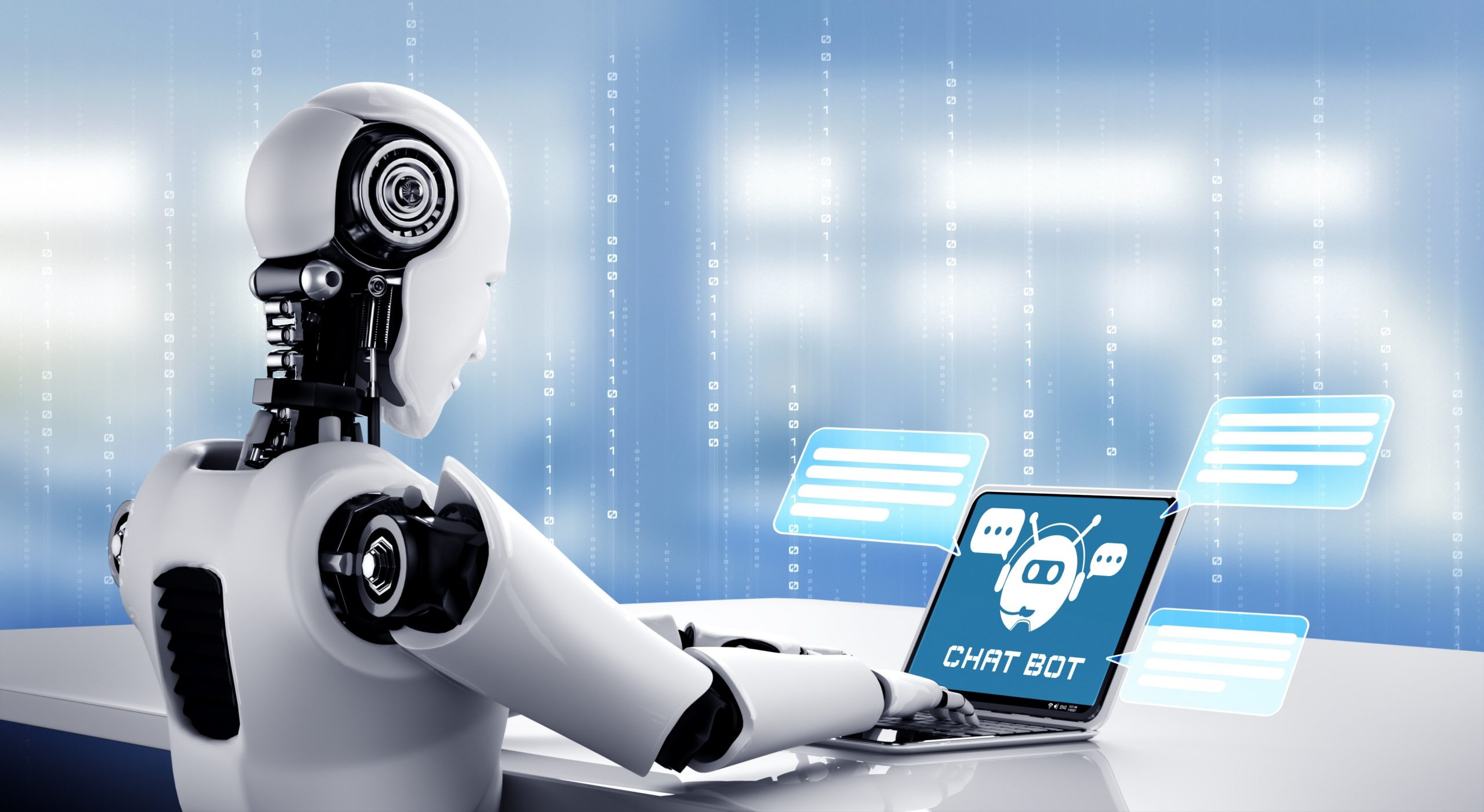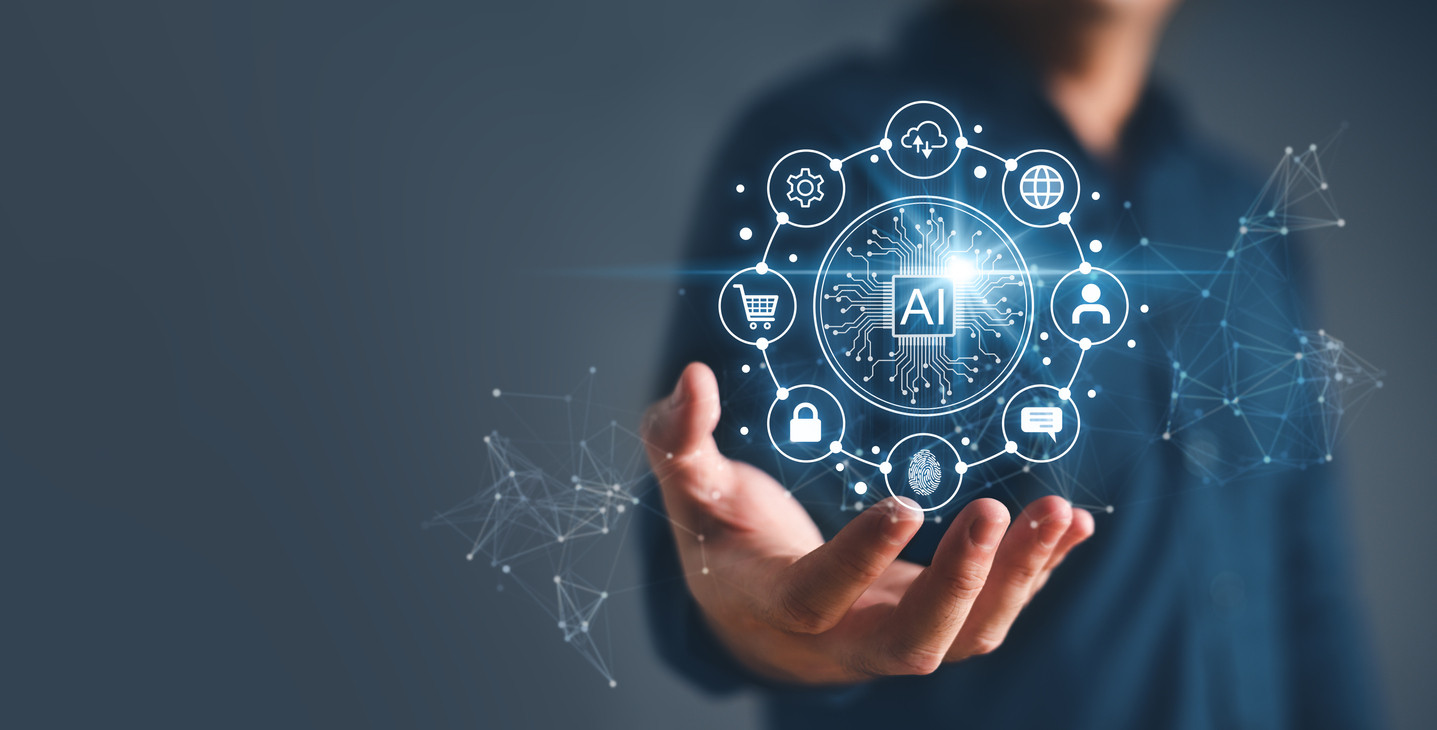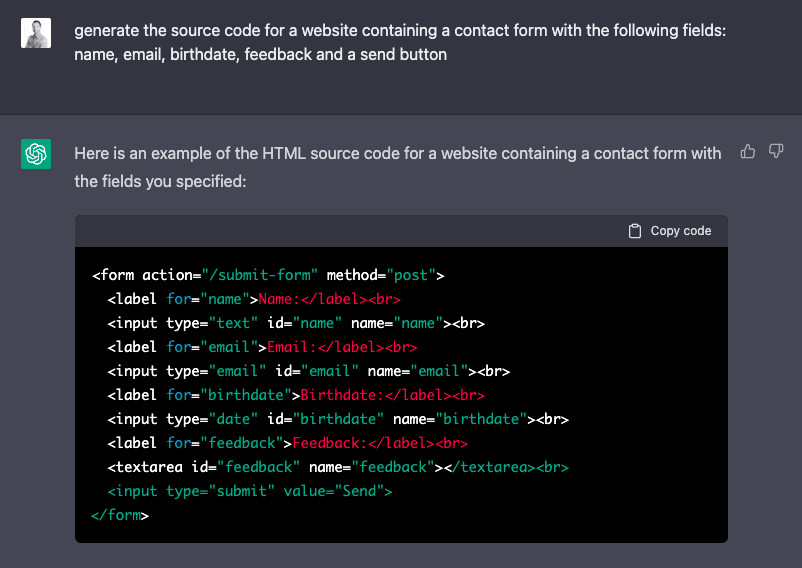The Rise of AI Chatbots: A New Era of Communication?
Imagine a world where you can talk to a computer as naturally as you would to a friend. A world where machines can understand your emotions, adapt to your tone, and even tell you a joke. This isn't science fiction; it's the reality we're fast approaching with the advancement of AI chatbots. These sophisticated programs are transforming how we interact with technology, blurring the lines between human and machine.
Beyond Simple Queries: AI Chatbots Are Learning to Understand Us
Gone are the days of simple, pre-programmed chatbots that could only respond to a limited set of keywords. Modern AI chatbots are powered by advanced machine learning algorithms that enable them to learn from vast amounts of data, including real-world conversations. They can analyze patterns in language, identify emotions, and even anticipate your next question. This allows them to engage in natural, fluid conversations that feel more human-like than ever before.
The Power of Natural Language Processing
At the heart of these advancements lies Natural Language Processing (NLP), a field of AI that focuses on enabling computers to understand and interpret human language. NLP algorithms are trained on massive datasets of text and code, allowing them to recognize grammatical structures, context, and nuances in human communication. This allows AI chatbots to understand the meaning behind your words and respond in a way that is both relevant and engaging.
Impact of AI Chatbots on Society
The rise of AI chatbots has far-reaching implications for society as a whole. These intelligent programs are already being used in a variety of industries, from customer service to education to healthcare.
Revolutionizing Customer Service
Imagine contacting a customer service representative and being greeted by a friendly, knowledgeable chatbot that can answer your questions accurately and efficiently. This is the reality that many businesses are embracing. AI chatbots are able to provide instant support, 24/7, handling routine inquiries and freeing up human agents to focus on more complex issues. This can significantly improve customer satisfaction and reduce wait times, leading to a more efficient and positive customer experience.
Personalized Learning Experiences
In the realm of education, AI chatbots are revolutionizing the way students learn. They can provide personalized learning experiences, adapting to individual learning styles and pacing. Imagine a chatbot that can tutor you in math, answer your questions, and provide feedback on your progress, all while adapting to your unique needs. This personalized approach can help students achieve their full potential and make learning more engaging and effective.
Transforming Healthcare
AI chatbots are also making their mark in healthcare. They can be used to collect patient information, schedule appointments, and even provide basic medical advice. These chatbots can also be used to monitor patients remotely, identifying potential health issues early and ensuring timely interventions. This can help improve patient outcomes and reduce healthcare costs.
Concerns and Ethical Considerations
While AI chatbots offer many benefits, they also raise concerns about privacy, security, and bias. It's crucial to address these issues proactively to ensure that AI is developed and deployed responsibly.
Data Privacy and Security
AI chatbots rely on large amounts of data to function effectively. This data often includes sensitive personal information, raising concerns about privacy and security. It's vital to ensure that this data is collected, stored, and used ethically and securely. Robust security measures are needed to protect against data breaches and unauthorized access.
Bias and Fairness
AI chatbots are trained on data that reflects the biases and prejudices of the real world. This can lead to biases in their responses, potentially perpetuating harmful stereotypes. It's critical to address bias in training data and develop mechanisms to ensure that AI chatbots are fair and equitable.
The Future of Communication: Human and AI Working Together
The future of communication is likely to involve a blend of human and AI interactions. AI chatbots will continue to become more sophisticated, offering faster and more efficient communication solutions. But it's important to remember that they are tools, and their effectiveness depends on how they are used and integrated into our lives. The key lies in harnessing the power of AI while maintaining the human element in our communication, fostering a collaborative relationship between human and machine.
The rise of AI chatbots is a testament to the rapid pace of technological advancement. These intelligent programs are transforming how we interact with the world around us. It's essential to engage in open dialogue about the implications of this technology, addressing concerns and ensuring that AI is developed and used responsibly. By doing so, we can leverage the power of AI to create a more efficient, effective, and enriching communication experience for all.

















